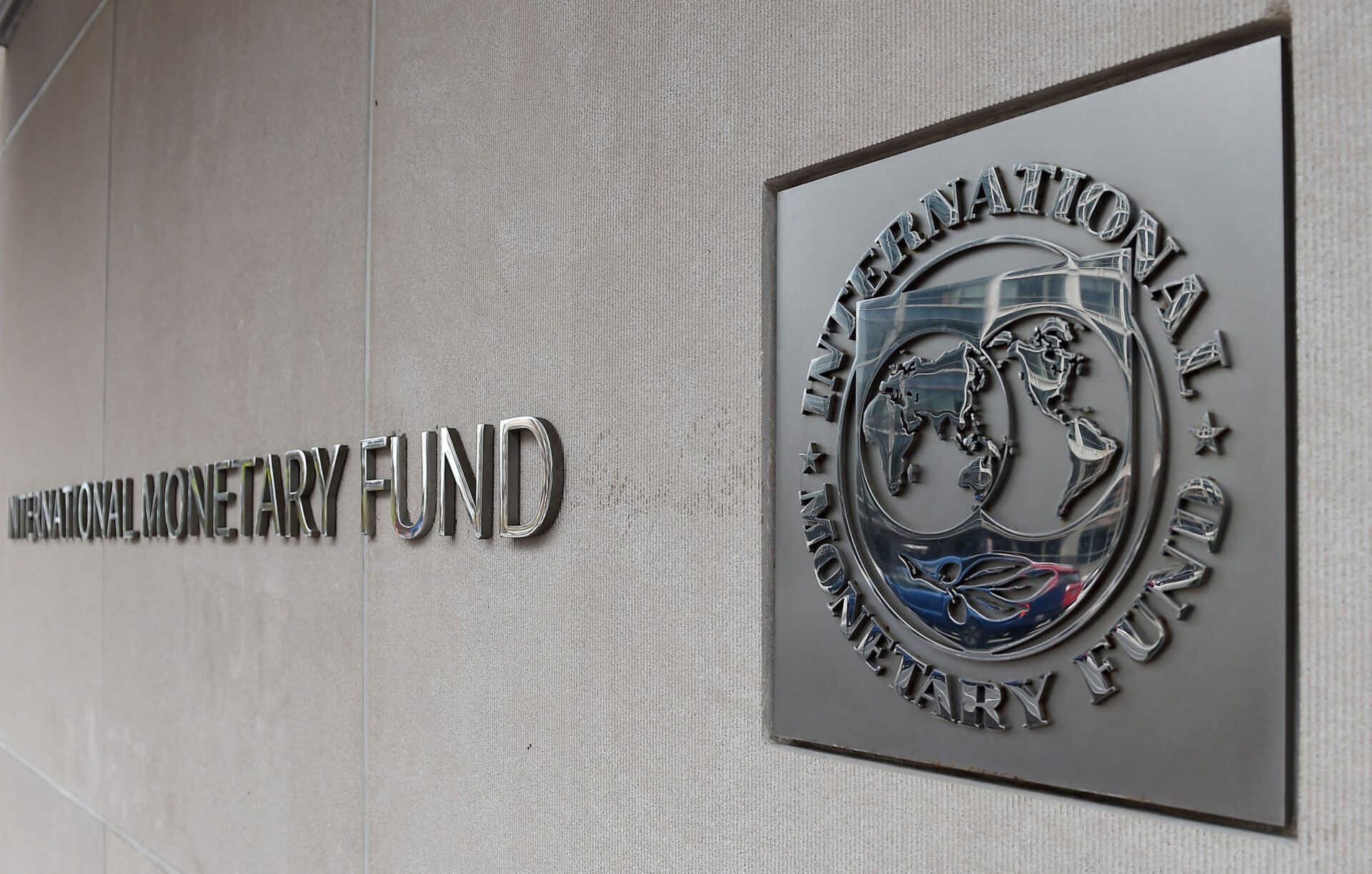Despite surging borrowing costs, Nigeria continues to maintain a strong presence in the global debt market, according to the International Monetary Fund (IMF).
During a press briefing at the IMF/World Bank annual meetings in Washington DC, Tobias Adrian, the IMF’s Financial Counsellor, noted that Nigeria and other frontier markets have been active in the debt market throughout 2024, despite financing costs being significantly higher than pre-2021 levels.
“Frontier markets, including Nigeria, have been active in the debt market this year. Though access to financing is more expensive, overall issuance levels have remained encouraging,” Adrian stated.
The IMF also expressed support for Nigeria’s recent monetary policy initiatives, including interest rate hikes and foreign exchange reforms led by the Central Bank of Nigeria (CBN). These measures, designed to stabilize the economy, were praised as essential steps in curbing inflation, which remains close to 30 percent. Adrian emphasized that the CBN’s shift towards inflation targeting and liberalization of the exchange rate is helping mitigate the impact of rising inflation, worsened by recent natural disasters such as floods.
In addition, the IMF has revised its economic growth forecast for Nigeria, projecting a slowdown in 2024 due to persistent inflationary pressures and ongoing economic challenges.
At the same conference, Nigeria’s Minister of Finance and Coordinating Minister of the Economy, Wale Edun, held strategic discussions with IMF Managing Director Kristalina Georgieva. According to a statement from the finance ministry, talks focused on Nigeria’s economic reform agenda under President Bola Tinubu’s administration and the progress made so far. Edun is advocating for increased international support and concessional financing to sustain these domestic reforms, which aim to strengthen economic resilience and improve living standards.
During the G-24 leaders’ news conference, Edun also called for concessional loans from the IMF and World Bank to support Nigeria’s reform programs. He stressed the importance of affordable financing in cushioning the poor and vulnerable from the immediate costs of economic adjustments while promoting long-term macroeconomic sustainability.
In a separate session, CBN Governor Yemi Cardoso is expected to lead a discussion on strengthening ties with Nigerians in the diaspora, focusing on ways to boost remittance inflows to help shore up foreign exchange reserves amid Nigeria’s fiscal challenges.
Meanwhile, the International Monetary Fund (IMF) has lowered its 2024 growth forecast for Nigeria’s economy to 2.9%, blaming it on weaker-than-expected economic activity in the first half of the year.
This was revealed in the IMF’s October 2024 World Economic Outlook (WEO), released during the ongoing annual meetings of the World Bank and IMF on Tuesday, October 22.
The revised forecast is a 0.2 percentage point decrease from the 3.1% growth forecast projected in the July 2024 WEO but the IMF slightly raised its forecast for Nigeria’s economic growth in 2025, projecting a growth rate of 3.2%, up from 3.0% in the July report.
The IMF explained: “In sub-Saharan Africa, GDP growth is projected to increase from an estimated 3.6% in 2023 to 4.2% in 2025, as the adverse impacts of prior weather shocks abate and supply constraints gradually ease.”
The report noted that the downgrade for Sub-Saharan Africa reflects slower growth in Nigeria, amid weaker-than-expected activity in the first half of 2024. Additionally, ongoing conflict in South Sudan has led to a significant 26% contraction in its economy.
On a global scale, the IMF maintained its 2024 growth forecast at 3.2%, as predicted in the July WEO.

